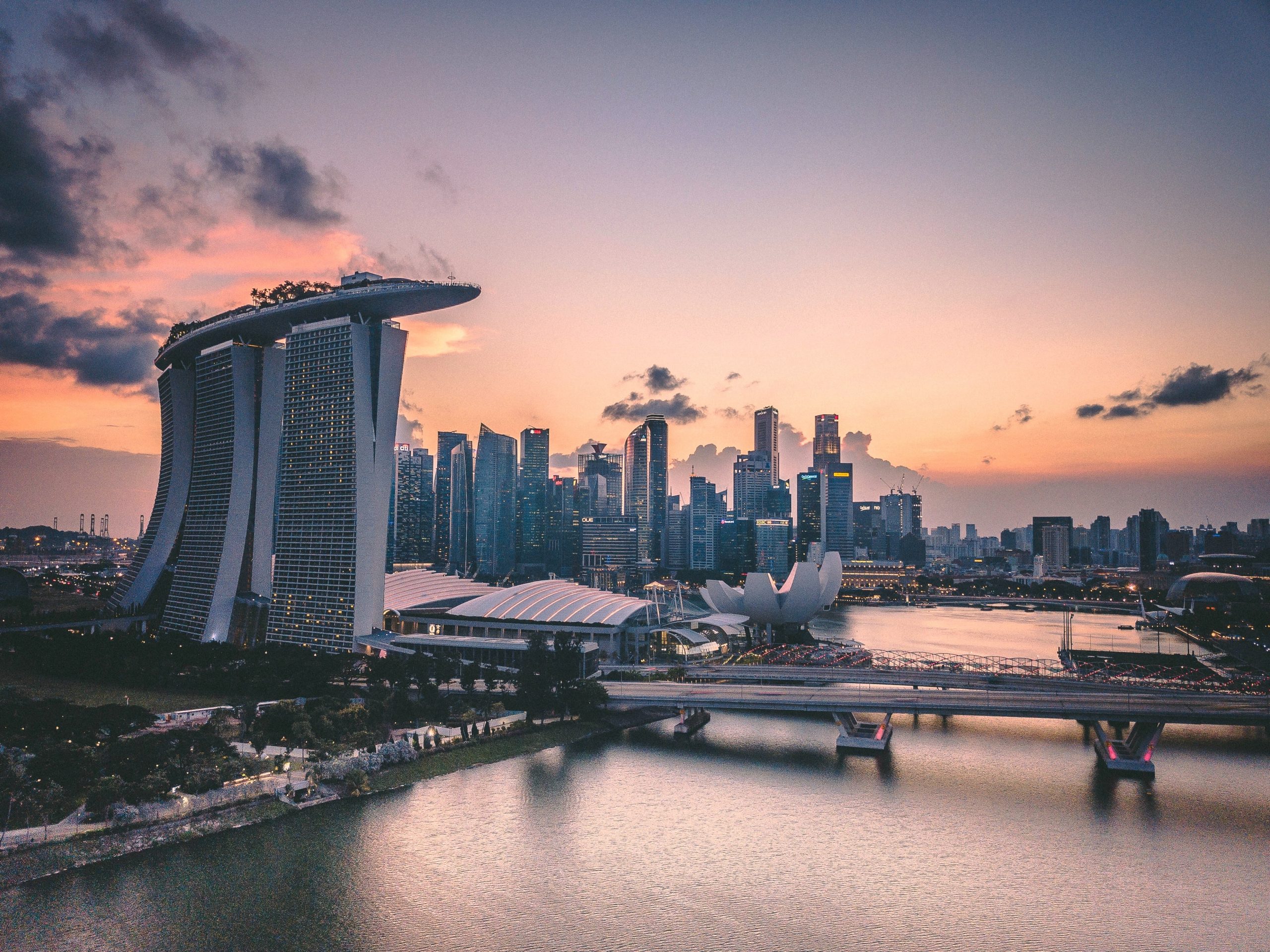The Best Property Investment in Singapore
One primary avenue to increase wealth is through investing. An investment refers to acquiring an asset or instrument with the aim of selling it at a price exceeding its purchase cost. This investment could yield income directly (like rent or dividends) or generate capital gains in the future.
In essence, investing pursues gains and income, distinctly separate from gambling. Unlike trading, which can transpire in seconds, investing encompasses a longer timeframe.
There are numerous asset classes available for investment, including equities, bonds, funds, commodities, and property. While certain individuals may harbour doubts about participating in property transactions, investing in real estate proves to be a profitable means of expanding your wealth.
Even in the absence of capital gains, rental yields can provide a source of passive income. Property investment offers the advantage of long-term commitment, alleviating concerns over short-term fluctuations.

Source: Unsplash
DBS Research analysts suggest that property prices are likely to experience a moderation, primarily due to the impact of elevated interest rates and more stringent lending restrictions. However, a substantial decline is not expected. The Singapore property market is anticipated to witness a slowdown in price growth, ranging from 1% to -3% in 2023. This can be attributed to limited affordability among potential buyers amidst a relatively modest economic growth projection.
For more insights on the Singapore real estate market outlook in 2023 and subsequent years, you can read our article here.
How do people make money from property investment?
Capital appreciation
Typically, individuals anticipate an increase in the value of a property after its purchase, a concept known as capital appreciation. The property investor will purchase a property with the intention of quickly reselling it at a higher price for profit (property flipping). The key aspect of this strategy is its emphasis on speed – the goal is to sell the property swiftly to mitigate capital risk.
Nonetheless, it’s important to note that controlling capital appreciation in this method can sometimes be beyond your influence.
Rental income
Rental income refers to the funds received from renting to tenants who occupy your space, presenting a potential avenue for generating income. The sum of money achievable through rental income is termed as rental yield. A greater rental yield not only signifies an increased return on investment but also aids property purchasers in managing property loan repayments.
In the strategy of purchasing and renting properties, you step into the role of a landlord. This approach stands apart from property flipping due to its long-term perspective. Unlike property flipping, your objective is to retain ownership of the property and lease it to generate income. To ensure profitability, your rental income must surpass your mortgage payments (including the amortised costs of any enhancements or fixes).
You can also opt for the rental property management service if you do not want to manage the property on your own. However, the property agency providing this service to you will take a certain percentage from the rental income as part of the fee for property management. If you’re interested in this service, feel free to reach out to our real estate agency for further understanding.
Are you grappling with the decision of whether to sell or rent out your property? Look no further – we have just the article to assist you in making up your mind!

Source: Unsplash
What to take note of when buying investment property in Singapore?
Government regulations and market sentiments
Property buyers must also consider additional costs and expenses arising from regulations and cooling measures, such as Additional Buyer’s Stamp Duty (ABSD) and the Total Debt Servicing Ratio (TDSR).
For Singapore citizens, the ABSD amounts to 20% for a second property and 30% for subsequent properties. Additionally, within the TDSR framework, the combined payments of an individual’s various loans (including credit card debt, mortgage, hire purchase, etc.) must not surpass 60% of their income. This measure safeguards lenders from bad debt and ensures borrowers’ loan repayment capability.
Yet, a reduced loan repayment ratio results in decreased borrowing capacity. Moreover, miscellaneous costs like legal fees, stamp fees, and taxes should also be taken into account.
Upcoming infrastructure improvements
Besides government regulations and market sentiments, it is vital to seek out factors that can encourage greater capital appreciation in the future, these factors include upcoming MRT stations or infrastructure improvements. With our expert knowledge of local properties (HDB flats, condominiums, landed properties) and regulations; we can help you pick out the specific locations and property developments that out-perform in capital appreciation, so you can get the best returns possible.

Source: Unsplash
Property investment in Singapore for foreigners
Recognised as one of the rapidly advancing nations in Asia, Singapore stands as an ideal investment destination. Its capable government is a key pillar in maintaining social and political stability, supported by a robust legal framework and judiciary system. Additionally, the absence of capital gains tax and estate duty creates a favourable climate for investments.
Singapore’s attractive mortgage rates extend promising property investment prospects to expatriates. Internationally, our country is renowned for its exceptional living, working, and recreational environment. Modern infrastructure, low crime rates, and a thriving open economy have contributed to a thriving business landscape.
Singapore boasts several compelling factors that contribute to its allure as an attractive real estate investment hub:
-
- Transparent and well-defined foreign ownership regulations
- Robust property rights protection through established laws and regulations
- Absence of limitations on foreign ownership for condos and mixed developments
- Foreign investors can benefit from tax deductions on mortgage interest when leasing a property
- No constraints on currency regulations, capital gains taxes, or withholding tax on property sales
- Low mortgage interest rates
- Maximum loan quantum of 70% of the property purchase price for foreigners
- Attractive mortgage loan options available to foreign investors
- Potential for rental yield surpassing mortgage interest rates
- Viable investment exits facilitated through the resale market
Consequently, it comes as no surprise that Singapore has consistently ranked as one of the top choices for Asian expatriates seeking relocation over the past half-decade.
How BuyCondo can help you in choosing a good property investment in Singapore
Wondering which condo is good for investment in Singapore? Be it commercial property or residential, or HDB or private condo, we’ve got you covered!
We offer guidance backed by thorough market research and reliable market insights tailored to your financial circumstances and investment objectives. Whether you’re new to investing or an experienced property investor, we are the top property agent in Singapore who are always here to support you at every stage.
You may find the article about the best property agent in Singapore (is it a myth?) interesting.
Check out the available condo for sale in Singapore, even for those condo near MRT and let us know if you would like further details. We even provide property management services and free online property valuation in Singapore.
In case you’re wondering if it is better to invest through a fixed deposit in a bank or buy an investment property, you can find out about their pros and cons in our article.
Allow us to assist you on a secure and confident path towards building wealth today!




